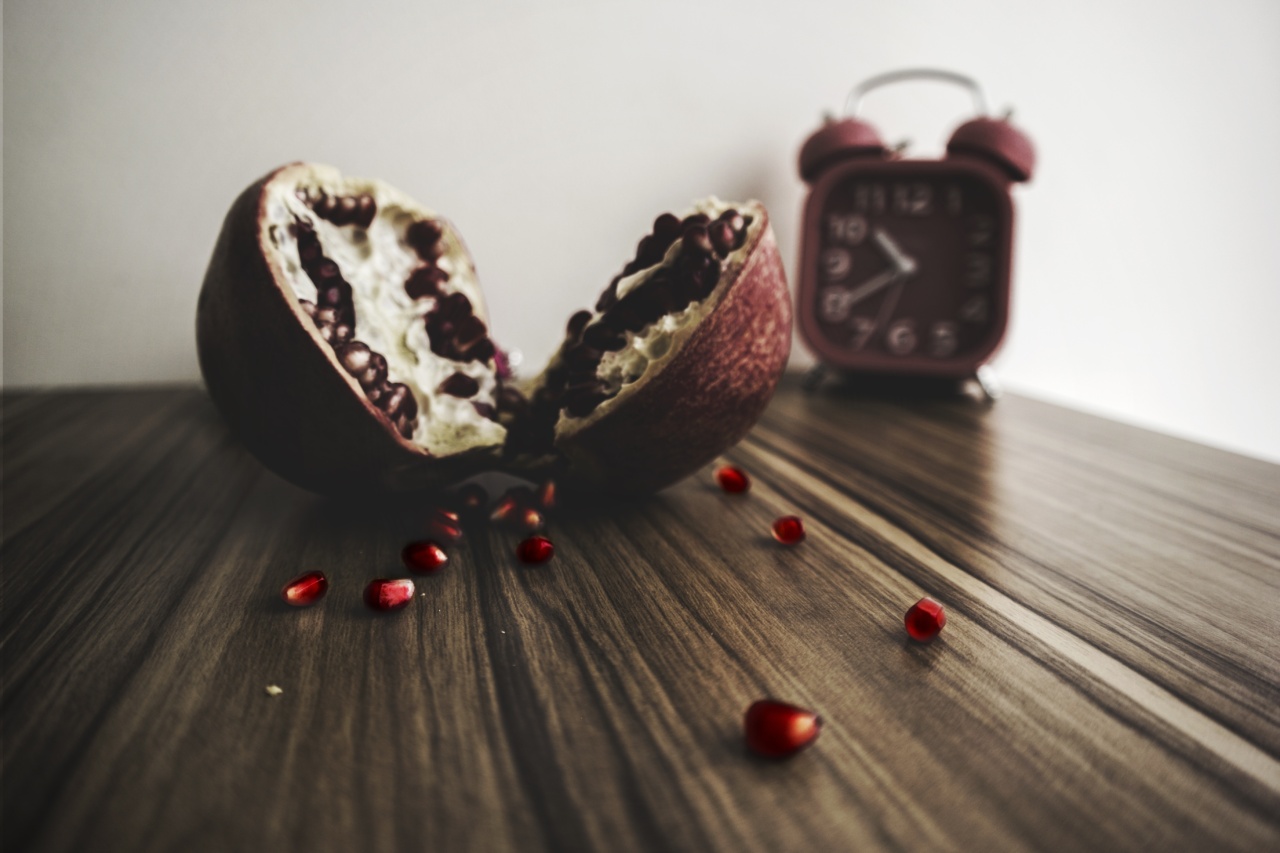Summer is the season of sun, fun, and fruits. People go crazy over the variety of fruits that come in the market during this season. Watermelon, cherries, plums, berries, mangoes, and grapes are some of the seasonal fruits that people love to indulge in.
However, there is a fruit that is consumed widely during summers, without realizing the harm it can cause to our body. Yes, it’s none other than Lychee.
What is Lychee?
Lychee is a fruit native to Southern China and Southeast Asia. It is a small, round fruit with a hard, rough exterior that is red in color. The edible part of the fruit is the sweet, white, juicy flesh inside the hard exterior.
It has a delicate aroma and a sweet flavor with a hint of floral notes.
Why is Lychee popular?
Lychee is a popular fruit during summers for its unique flavor and sweetness. It is consumed as a fresh fruit or used in fruit salads, cocktails, ice creams, and desserts. However, there is a dark side to this seasonal fruit.
The Dark Side of Lychee
The consumption of lychee is linked to a mysterious illness that has plagued the Muzaffarpur district in Bihar, India, for over two decades.
The illness primarily affects children and is characterized by acute encephalopathy, a sudden onset of seizures, and altered mental status, leading to high mortality.
For years, the cause of this illness was unknown. However, in 2012, researchers found a link between the consumption of lychee and the illness. The illness was linked to the consumption of lychee on an empty stomach and malnourishment.
The illness was named Acute Encephalitis Syndrome (AES), and it affected almost 4000 children in the Muzaffarpur district from 2010 to 2014.
How does Lychee cause AES?
The exact mechanism by which lychee causes AES is not yet fully understood. However, researchers have found that lychee has high levels of hypoglycin A and B toxins. These toxins are present in the seeds and the pulp of the fruit in small amounts.
However, when the fruit is consumed on an empty stomach, the toxins are rapidly absorbed and can cause hypoglycemia.
When a child eats lychee fruit on an empty stomach, the hypoglycin A and B toxins block the body’s ability to produce glucose. This leads to a sudden drop in blood glucose levels, causing hypoglycemia.
The hypoglycemia triggers the release of stress hormones, leading to seizures and altered mental status. In severe cases, it can lead to coma and death.
Who is at risk?
The AES illness is prevalent in the Muzaffarpur district of India and affects mostly children between the ages of 1 to 15 years. The disease is seasonal, with higher incidence rates during May and June, which is the lychee harvesting season.
Children who consume lychee fruit on an empty stomach and are malnourished are at higher risk.
Children who have oxidative metabolism disorders, such as fatty acid oxidation disorders, are at increased risk of developing AES if they consume lychee fruit.
These children have a decreased ability to metabolize fatty acids during times of fasting and are at high risk of developing hypoglycemia.
How to prevent AES?
The consumption of lychee fruit should be avoided on an empty stomach, especially by children who are malnourished and have metabolic disorders.
The fruit should be consumed only after a meal, and it is essential to maintain good personal hygiene practices during the harvesting, storing, and transporting of the fruit. Children should be discouraged from eating immature, unripe, or even partially ripe lychees, which have a high concentration of toxins.
Conclusion
Lychee is a popular seasonal fruit consumed worldwide. It has a unique flavor and sweetness that makes it ideal for use in desserts and cocktails. However, the fruit has a dark side that is linked to a mysterious illness named AES.
The illness affects children who consume lychee on an empty stomach, leading to hypoglycemia, seizures, altered mental status, and high mortality.
It is essential to maintain good personal hygiene practices during the harvesting, storing, and transporting of the fruit. Children who are malnourished or have metabolic disorders should avoid consuming lychee on an empty stomach.
With precautions and awareness, we can prevent the spread of this illness and continue to enjoy the unique flavor of lychee.































